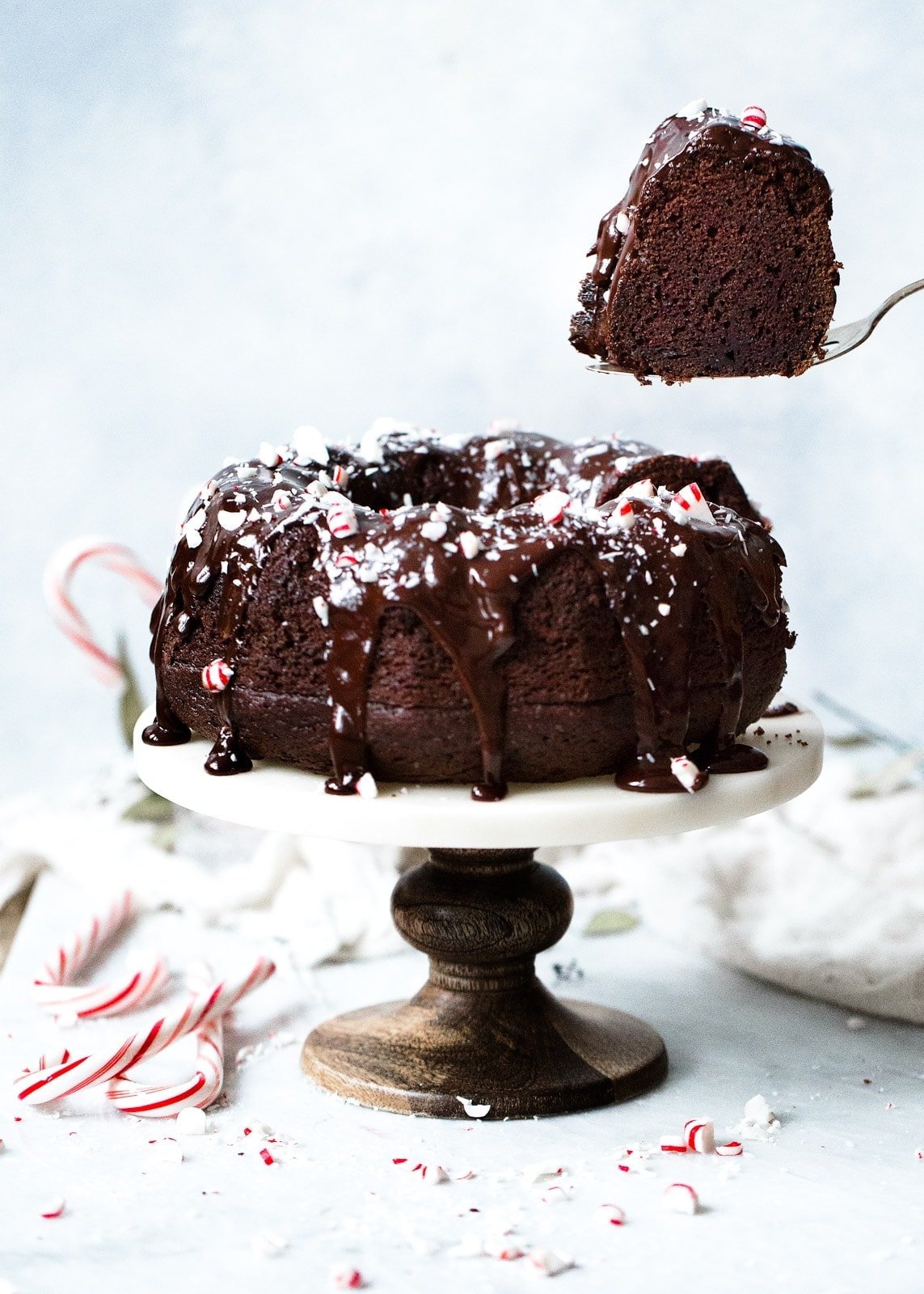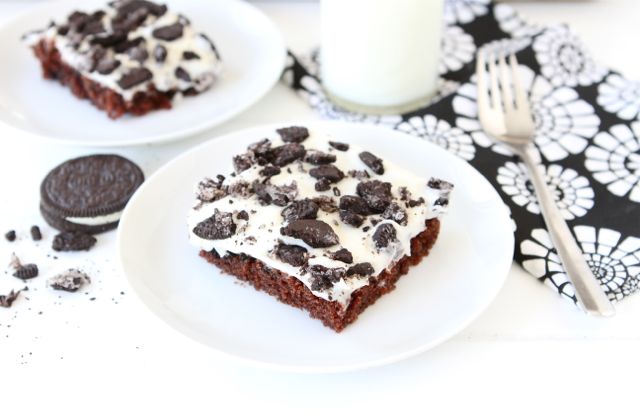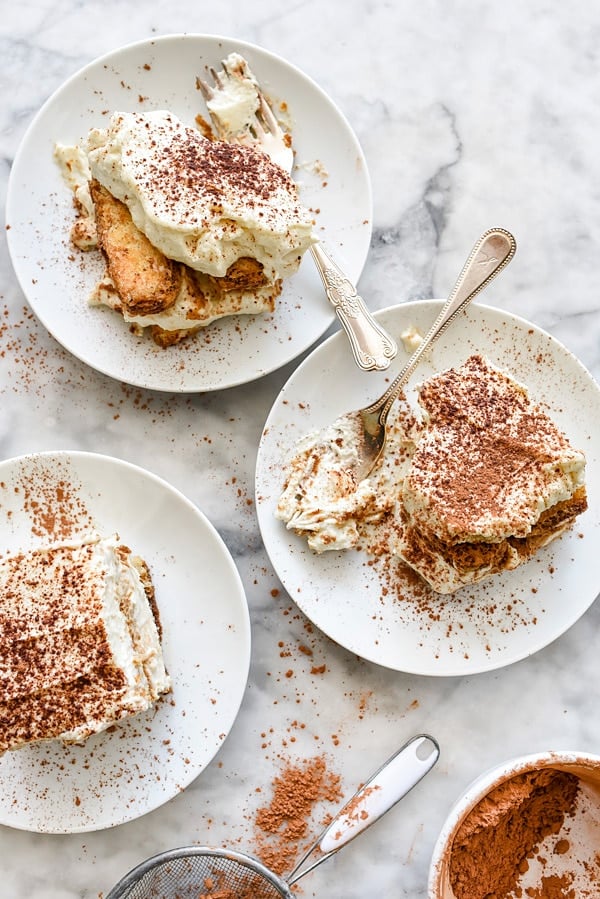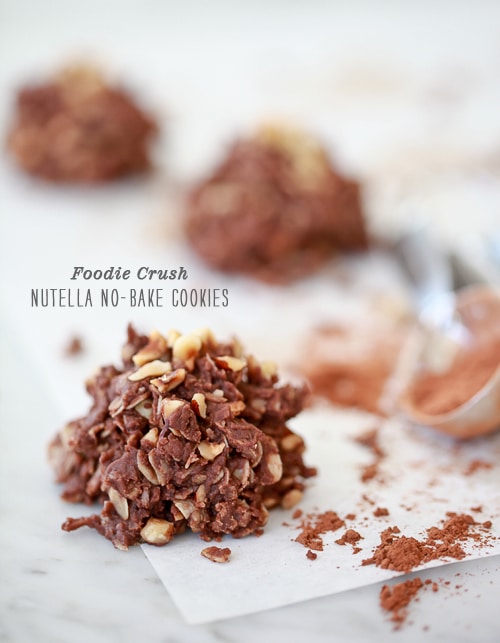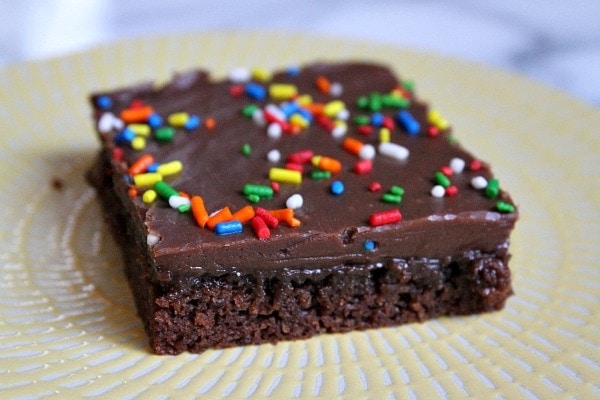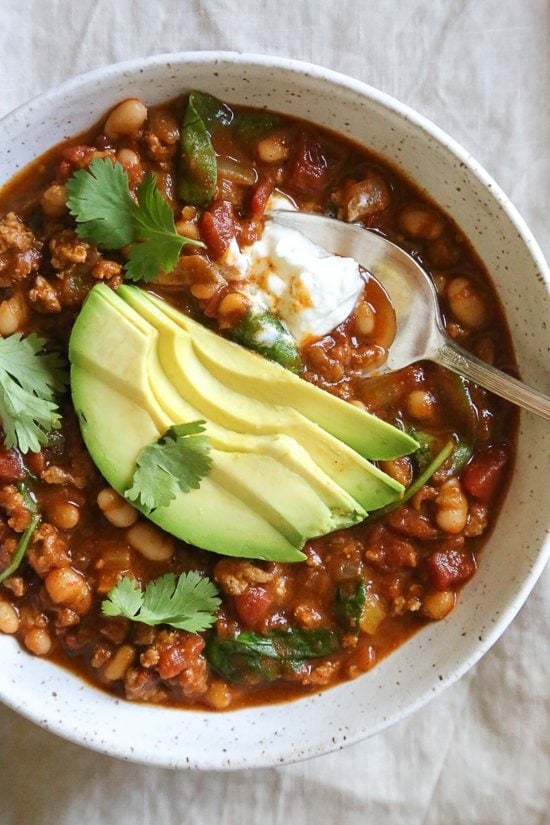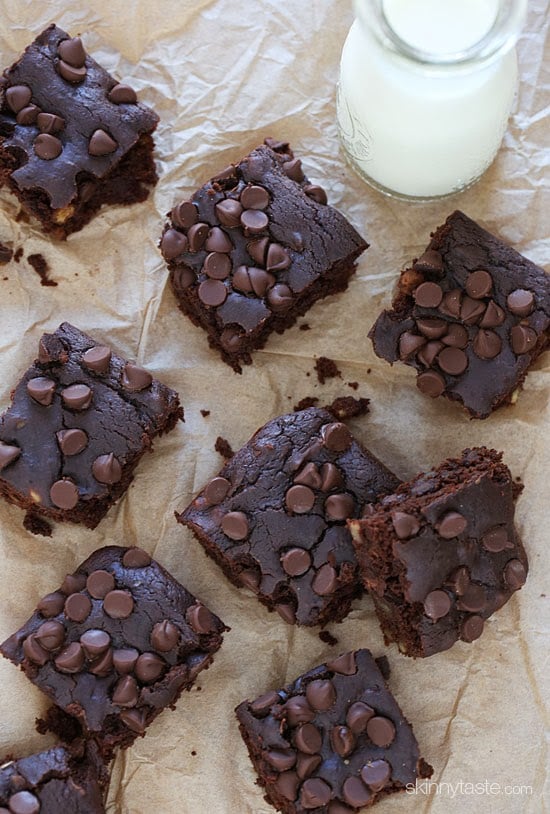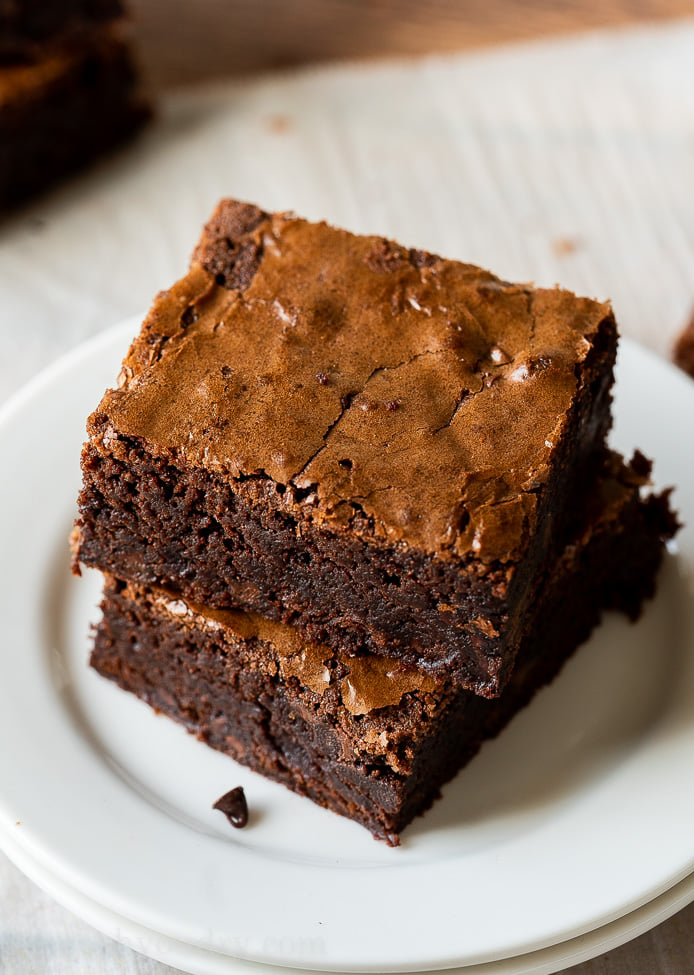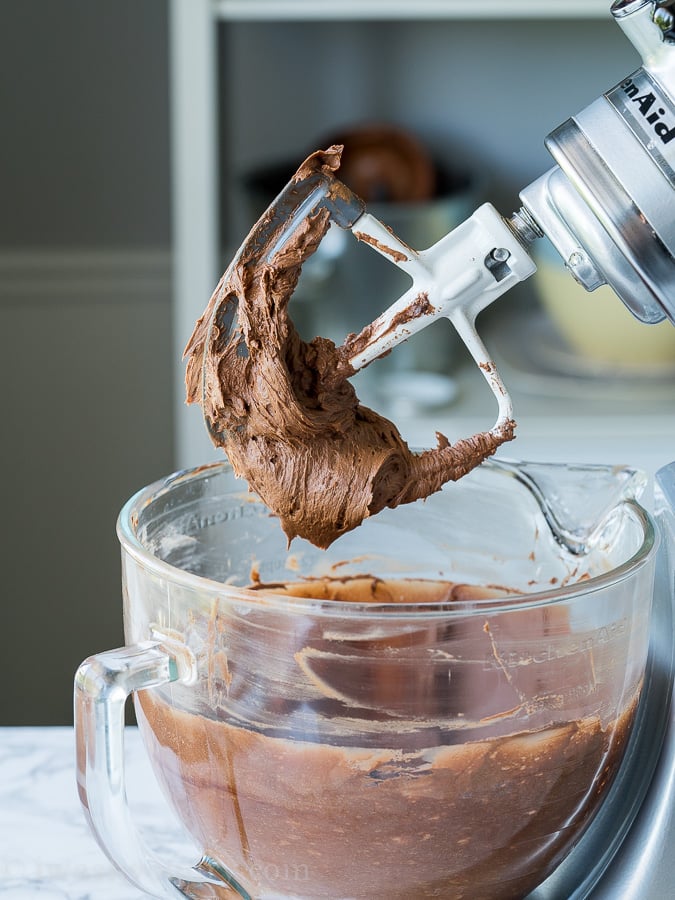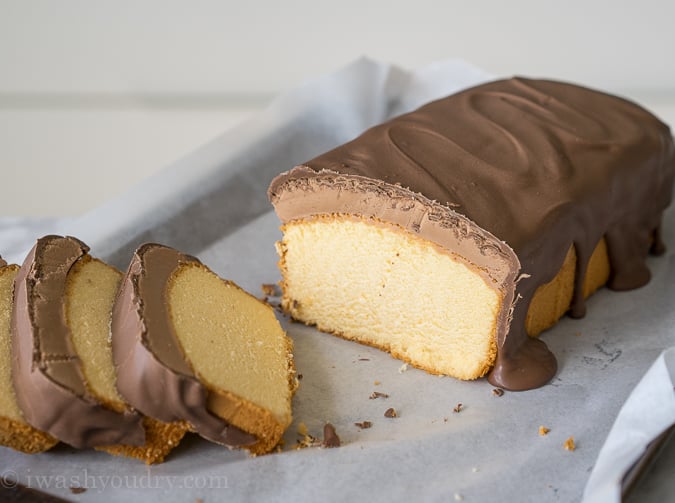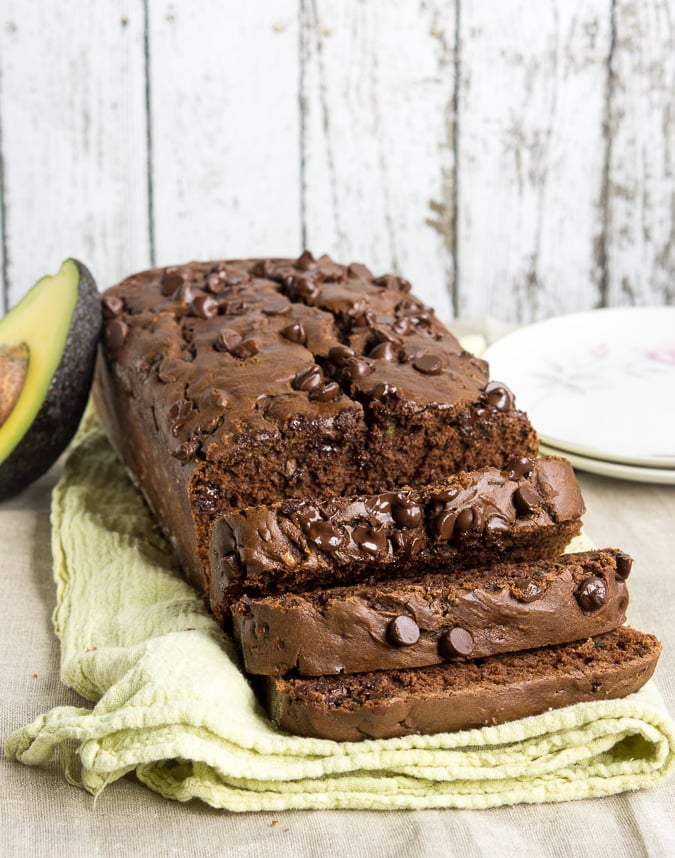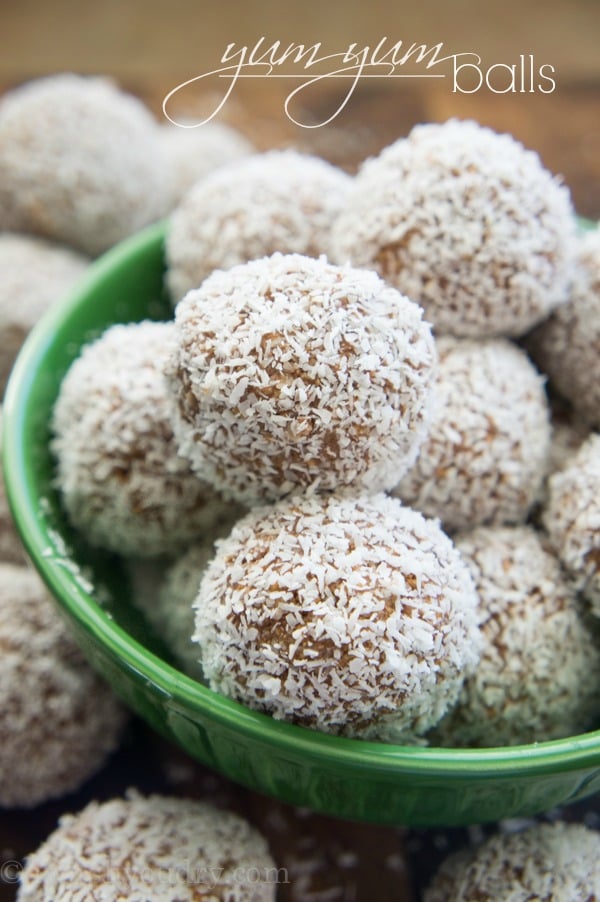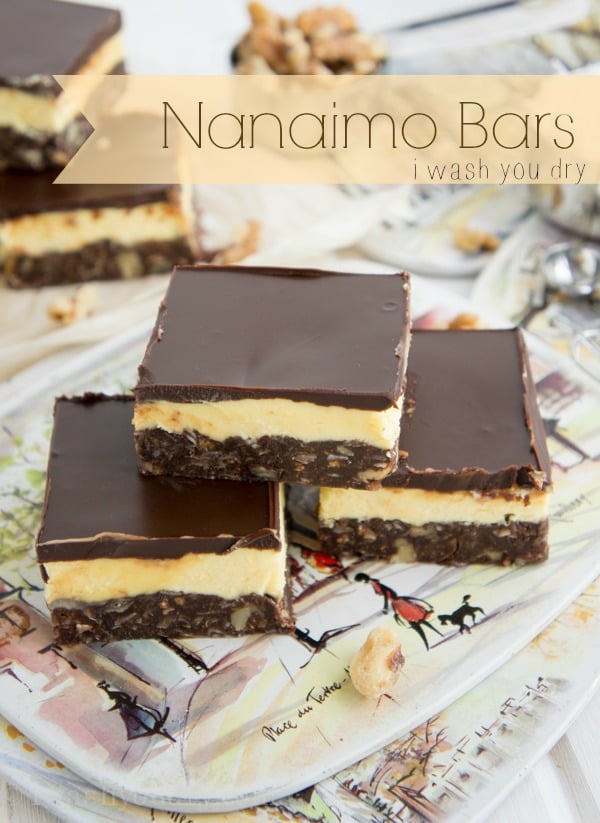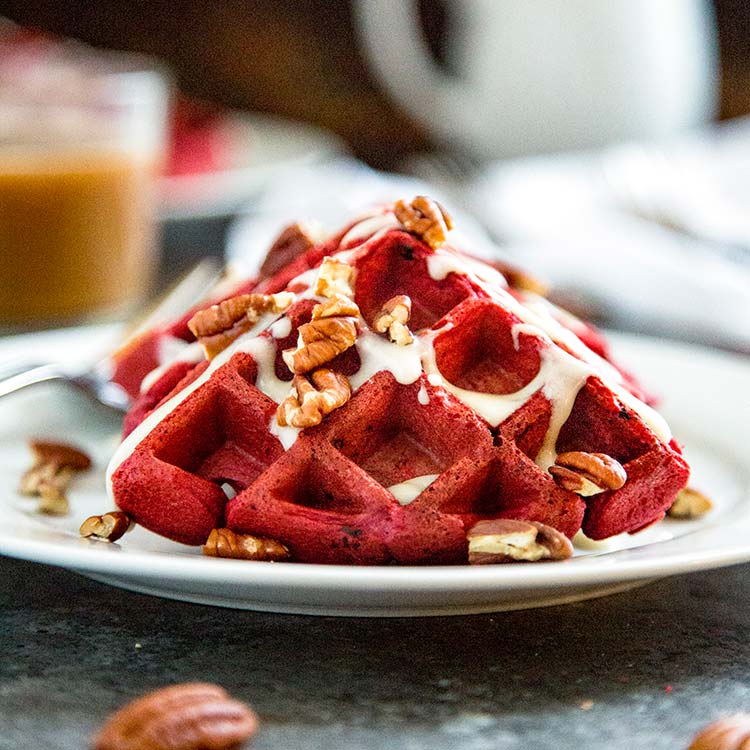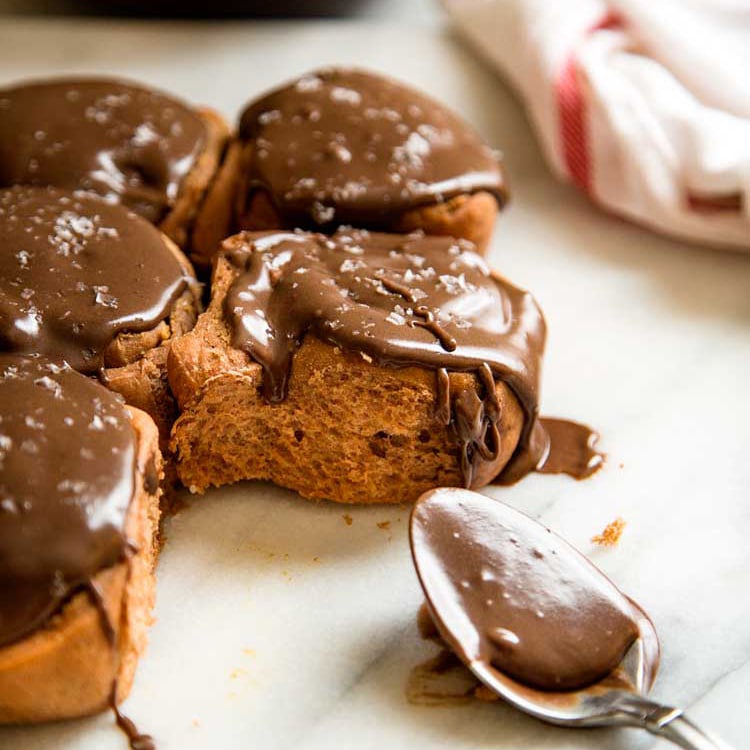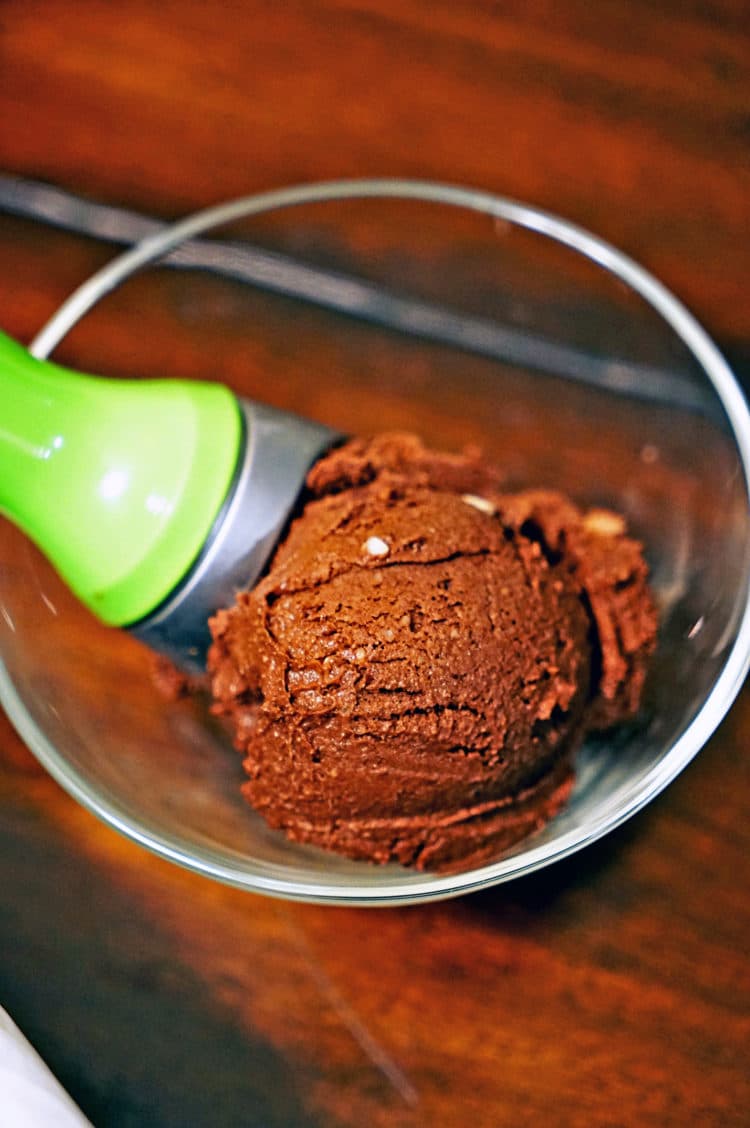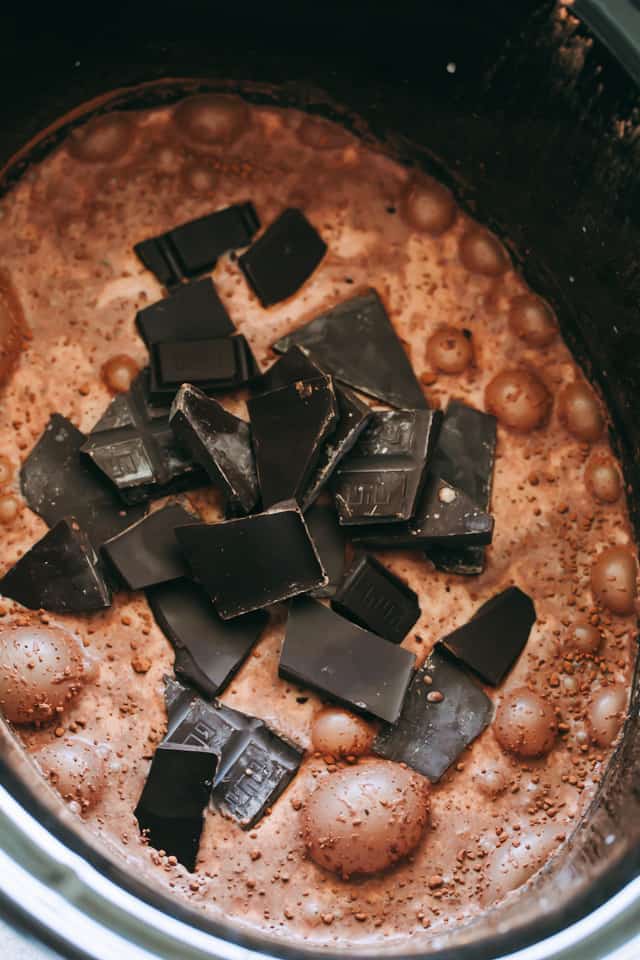Cocoa Powder: Important Facts, Health Benefits, and Recipes
Explore the health benefits, history, and culinary uses of cocoa powder in our ultimate guide, and learn how to choose and store this flavorful, nutrient-rich ingredient.
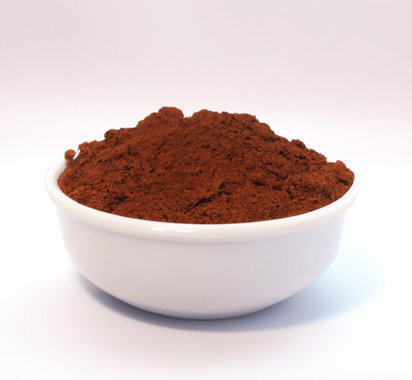
Nutritional Facts
1 serving
Amount per serving
Calories
111.4
Carbohydrates
23.4 g
Fat
1.1 g
Protein
1.9 g
Saturated Fat
0.7 g
Sodium
141.1 mg
Fiber
1 g
Sugar
18.4 g
Best Cocoa Powder Recipes
-

-
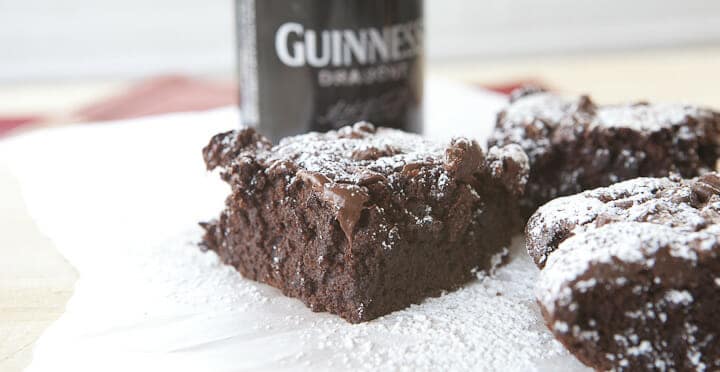
-
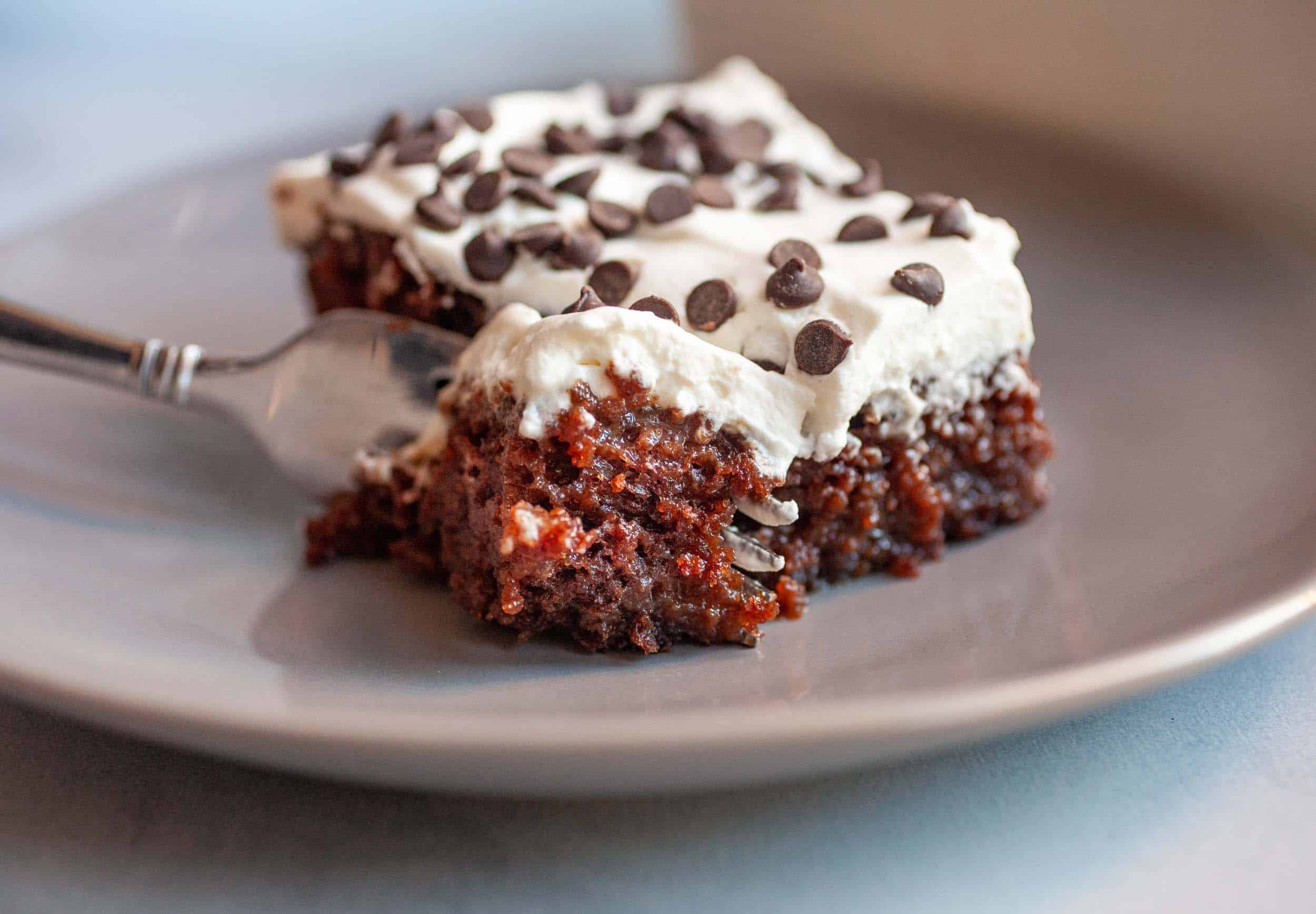
-

-
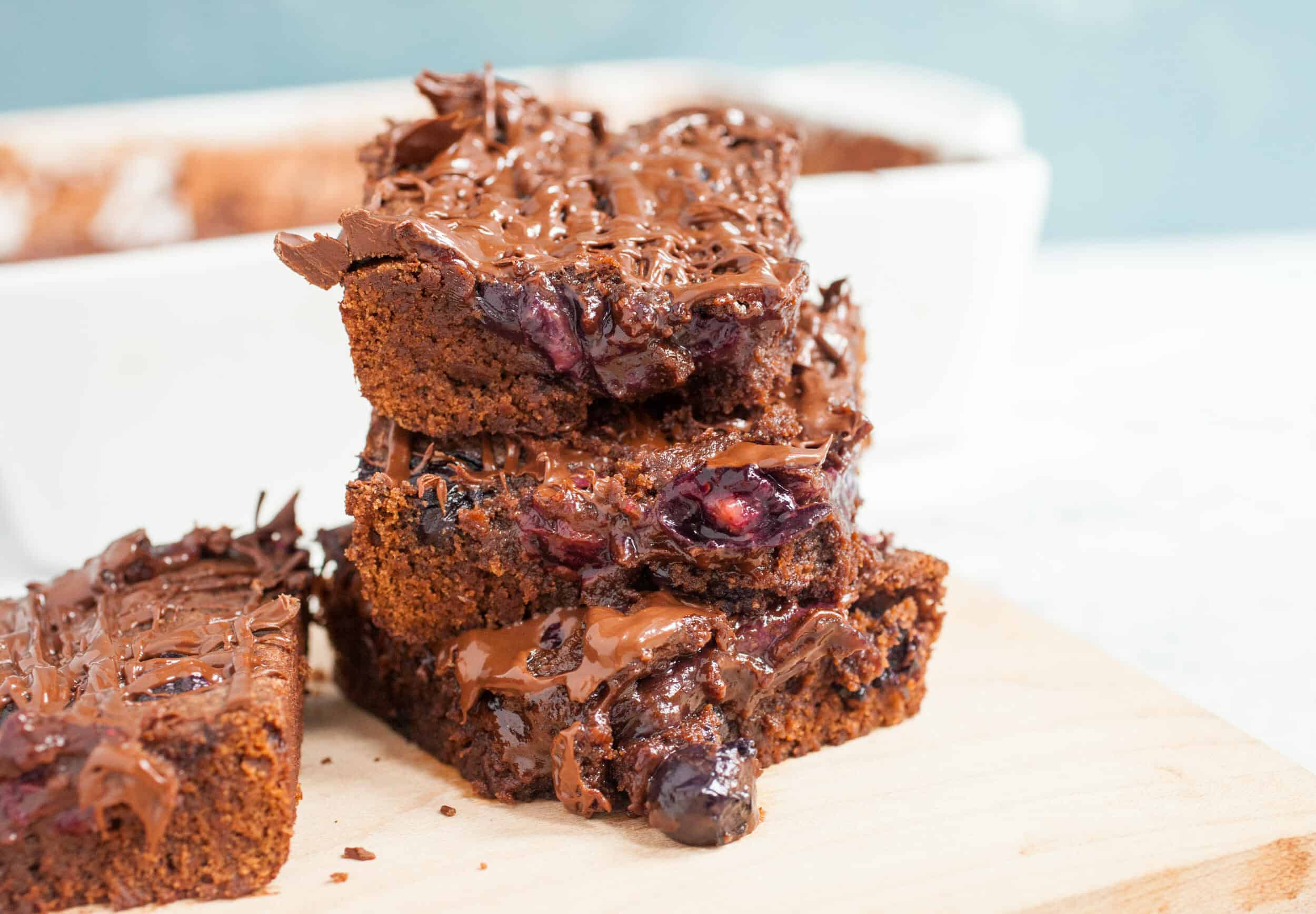
-
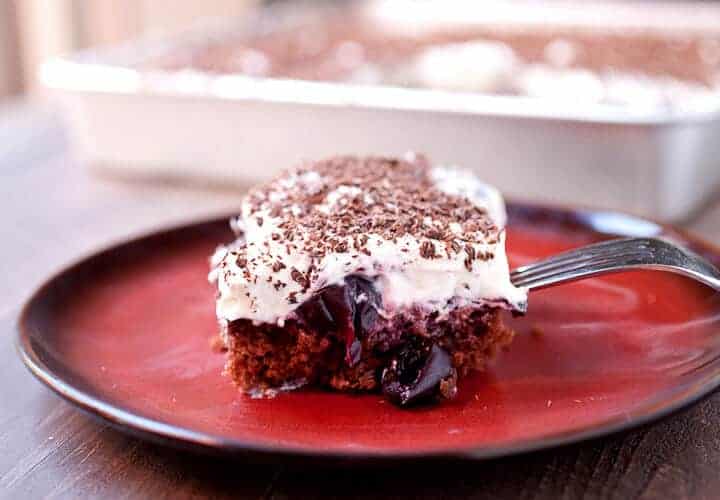
-
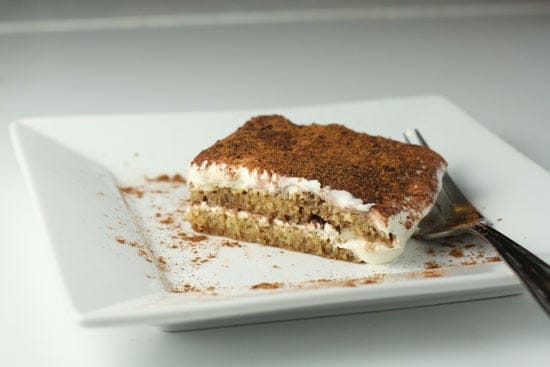
-

-
![Chocolate Peppermint Bundt Cake Image]()
-
![Flourless Chocolate Peanut Butter Cookies Image]()
-
![Cookies 'n Cream Sheet Cake Image]()
-
![Chocolate Sheet Cake with Peanut Butter Frosting Image]()
-
![Twix Caramel Brownies Image]()
-
![Grilled Fajita Chicken Image]()
-
![Chocolate Peanut Butter Cookie Bars Image]()
-
![Hershey's "Perfectly Chocolate" Cake with Chocolate Frosting Image]()
-
![Chocolate Truffles Recipe Image]()
-
![How to Make Classic Tiramisu Image]()
-
![Double Chocolate Zucchini Bread Image]()
-
![Mascarpone Pumpkin Mousse Cups Image]()
-
![Nutella No-Bake Cookies Image]()
-
![Chocolate Sheet Cake Image]()
-
![Pumpkin Turkey Chili Image]()
-
![Amazing Flour-less Brownies Image]()
-
![Rudolph the Red Velvet Cupcake Image]()
-
![Skinny No-Bake Chocolate Peanut Butter Cookies Image]()
-
![Super Easy Fudge Brownie Recipe Image]()
-
![Chocolate Malt Cupcakes Image]()
-
![Frozen Yogurt Bark Image]()
-
![Chocolate Cream Cheese Frosting Image]()
-
![Better Than Anything Cake Trifles Image]()
-
![Chocolate Pancakes a la Mode Image]()
-
![Super Easy Thin Mint Pound Cake Image]()
-
![Double Chocolate Avocado and Zucchini Bread Image]()
-
![Nanaimo Cheesecake Image]()
-
![Chocolate Coconut Cookie Truffles {Yum Yum Balls} Image]()
-
![Nanaimo Bars Image]()
-
![Texas Sheet Cake Image]()
-
![Chocolate Creme Brulee Image]()
-
![Red Velvet Waffles w/ Cream Cheese Glaze Image]()
-
![Peanut Butter Chocolate Rolls Image]()
-
![Brownie Granola Bars Image]()
-
![No Churn Chocolate Peanut Butter Ice Cream Image]()
-
![Mexican Hot Chocolate Cookies Image]()
-
![Slow Cooker Beef Chili Image]()
-
![Thick and Creamy Slow Cooker Hot Chocolate Image]()
-
![Coffee Smoothie Image]()
-
![Neapolitan Cakelettes Image]()


